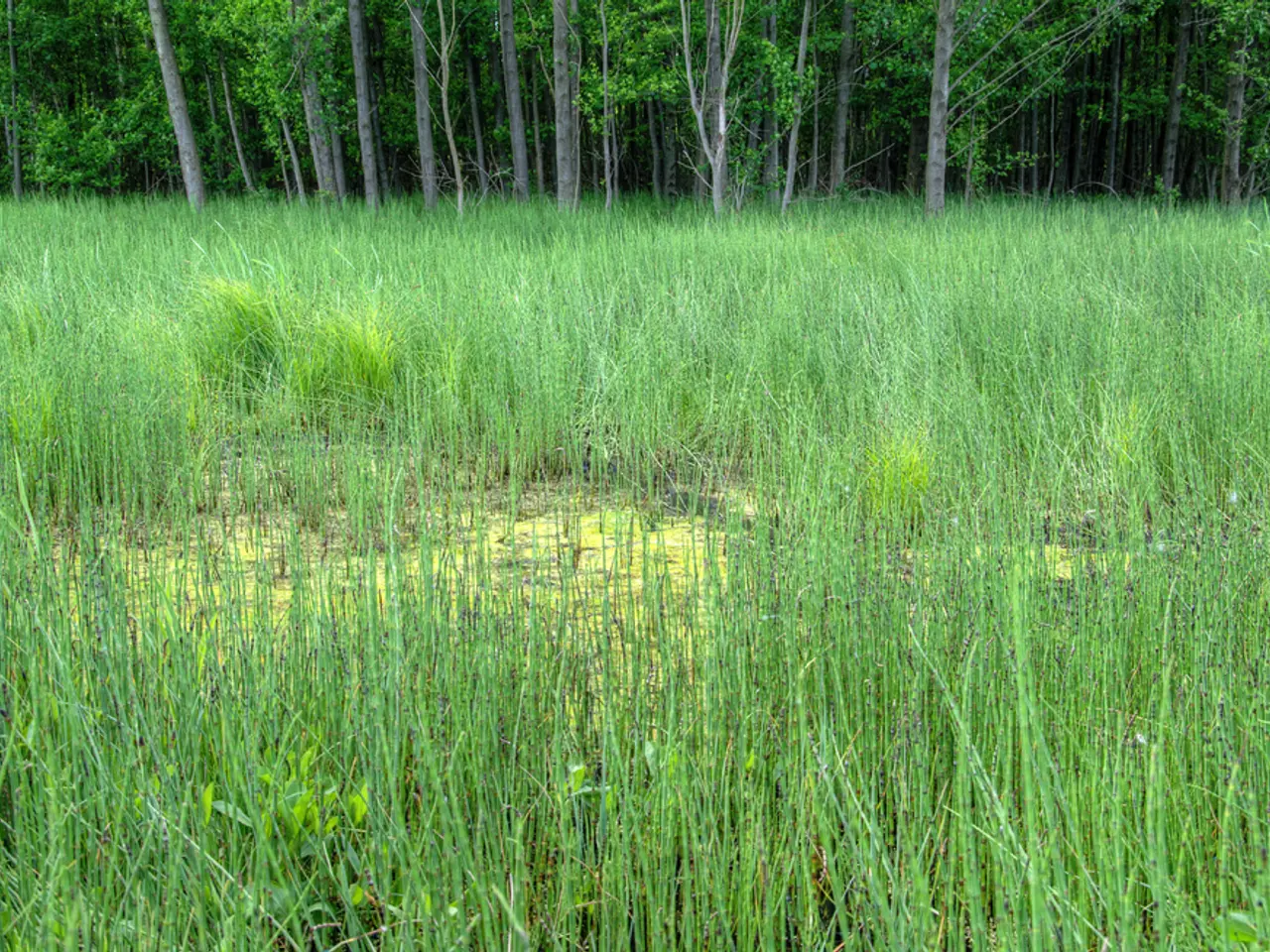Practical Approaches to Composting for Small-Scale Agriculture Farms
Small-scale farmers and urban dwellers alike can benefit from the practice of composting, a natural method of recycling organic materials into nutrient-rich soil. This article will explore various composting techniques, their advantages, and the key practices to follow for successful composting.
Bin composting, pile composting, and vermicomposting are three effective techniques for small farms and urban settings. Each method has its unique advantages. Bin composting is straightforward and requires minimal effort, while pile composting allows for a larger volume of waste and can reach higher temperatures for faster decomposition. Vermicomposting, using red wigglers, is ideal for small spaces and produces nutrient-rich castings that enhance soil fertility.
The Bokashi Method is another option, which ferments waste before composting, making it great for kitchen scraps. However, it requires special buckets. Regardless of the chosen method, maintaining a balanced mix of carbon-rich "browns" (such as dry leaves, straw) with nitrogen-rich "greens" (like kitchen scraps, fresh grass clippings) is essential for optimal decomposition.
Regular turning of the compost heap is necessary to ensure aerobic conditions supporting microbial activity. A pitchfork is used for this purpose. A shovel moves compost from one place to another, while a watering can adds moisture to dry compost. Dry leaves add carbon and help with airflow in the compost, while vegetable scraps break down quickly and add nitrogen.
Avoiding composting meat, dairy, fats, pet waste, diseased plants, or noxious weeds that can cause odors or pests is crucial. Composting is a process that encourages beneficial bacteria and fungi in soil, aiding plant nutrient absorption. Healthy soil from compost can help reduce pests and diseases in plants.
Compost helps soil hold moisture, reducing the need for frequent watering, and improves soil structure, making it loose and crumbly. Organic compost is full of nutrients that help plants grow strong. After a few months, the rich worm castings from vermicomposting can be harvested.
In summary, the combination of proper material balance, aeration, avoidance of contaminants, and timely application of compost supports soil microbial ecosystems and soil physical properties, resulting in healthier plants and sustainable farming outcomes on a small scale. Worm composting offers an accessible, efficient method especially suited for urban or limited-space conditions.
References:
- Composting for Small-Scale Farmers
- Composting Basics
- Composting at Home
- Composting in Urban Agriculture
- Vermicomposting for Small-Scale Farmers
Adopting the Bokashi Method or any of the three common composting techniques – bin, pile, or vermicomposting – can transform kitchen scraps and garden waste into nutrient-rich soil, improving the quality of both home-and-garden soil and lifestyle. By maintaining a balanced mix of carbon- and nitrogen-rich materials, providing adequate aeration, and avoiding contaminants, one can foster a thriving microbial ecosystem that promotes sustainable living, healthier plants, and better soil structure.




